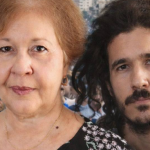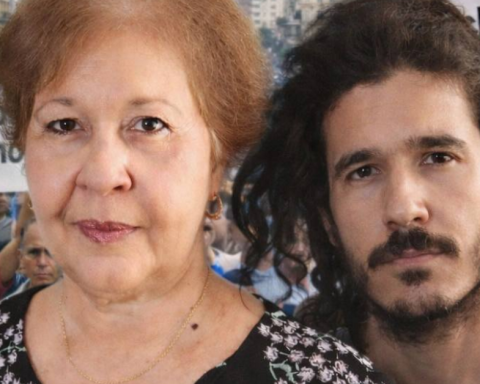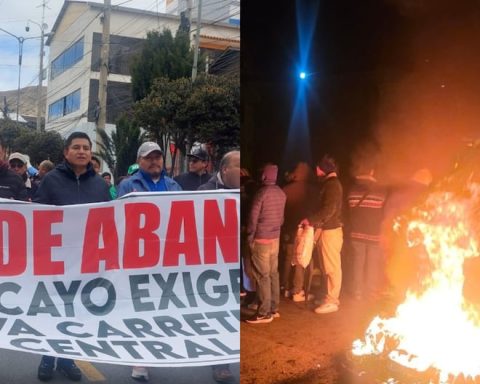Alonso Urrutia and Jessica Xanthomilla
Newspaper La Jornada
Tuesday, May 17, 2022, p. 4
Beyond the figures in its historical accumulation, the disappearance of people is a current phenomenon in the country and At the same time, the ethical and social debt of returning the identity of those unidentified deceased persons and returning them to their families, including those who died along the migratory route, grows.
said the head of the program for missing persons in Mexico of the International Committee of the Red Cross (ICRC), Marlene Herbig.
Regarding the meaning of reaching 100,000 disappeared, he stated that this phenomenon is one of the most damaging and lasting humanitarian consequences of armed conflicts, other situations of violence, migration and natural disasters. It does not matter if it occurs in Mexico, Honduras, Guatemala, El Salvador or in any country in the world. When someone disappears, their relatives have the right to know what has happened. Knowing the fate of disappeared persons is primarily a humanitarian act.
For various reasons, he added, in Latin America there are hundreds of thousands of cases arising from past and present armed conflicts, current situations of armed violence, constant migration and natural disasters. Therefore, he warned that for Mexico and other Latin American nations addressing this problem is a true humanitarian challenge
.
It is very clear that the consistent increase in disappearances in Mexico reflects that it is a very present and dynamic phenomenon. According to data from the National Registry of Missing and Unlocated Persons, as of May 16 there were more than 100,000 cases, of which more than 2,900 correspond to the first four months of 2022.
These figures show us that disappearance is not a thing of the past. Day after day increases the number of people who are not heard from, who lose their links with their relatives, many families have been searching for decades.
Regardless of the numbers, Herbig stressed, it is important to recognize that there are improvements in case registration, including centralization of data and public access to information. It is also worth recognizing the approval of the creation of the National Identification Center and progress in the implementation of the General Law on Disappearances. This includes the creation of search commissions in each state and the approval of the standardized search protocol.
.
As part of the ICRC’s humanitarian and accompaniment actions in Mexico, Herbig indicated that they have promoted the holding of regional meetings between the search commissions with the aim of strengthening their operational capacity and effectiveness in their tasks.
Beyond the differences in each context, the needs of families are similar: to know what happened to their relative, they suffer from a lack of institutional support in the search, they suffer from discrimination and neglect by society, mental health must be addressed after years of waiting
he explained.
Faced with another of the aspects associated with the phenomenon, the forensic crisis -which according to official Mexican figures keeps 52,000 corpses without identification-, Herbig pointed out that the ICRC has collaborated in the formation of the coordinating group of the Extraordinary Forensic Identification Mechanism (MEIF) .

















